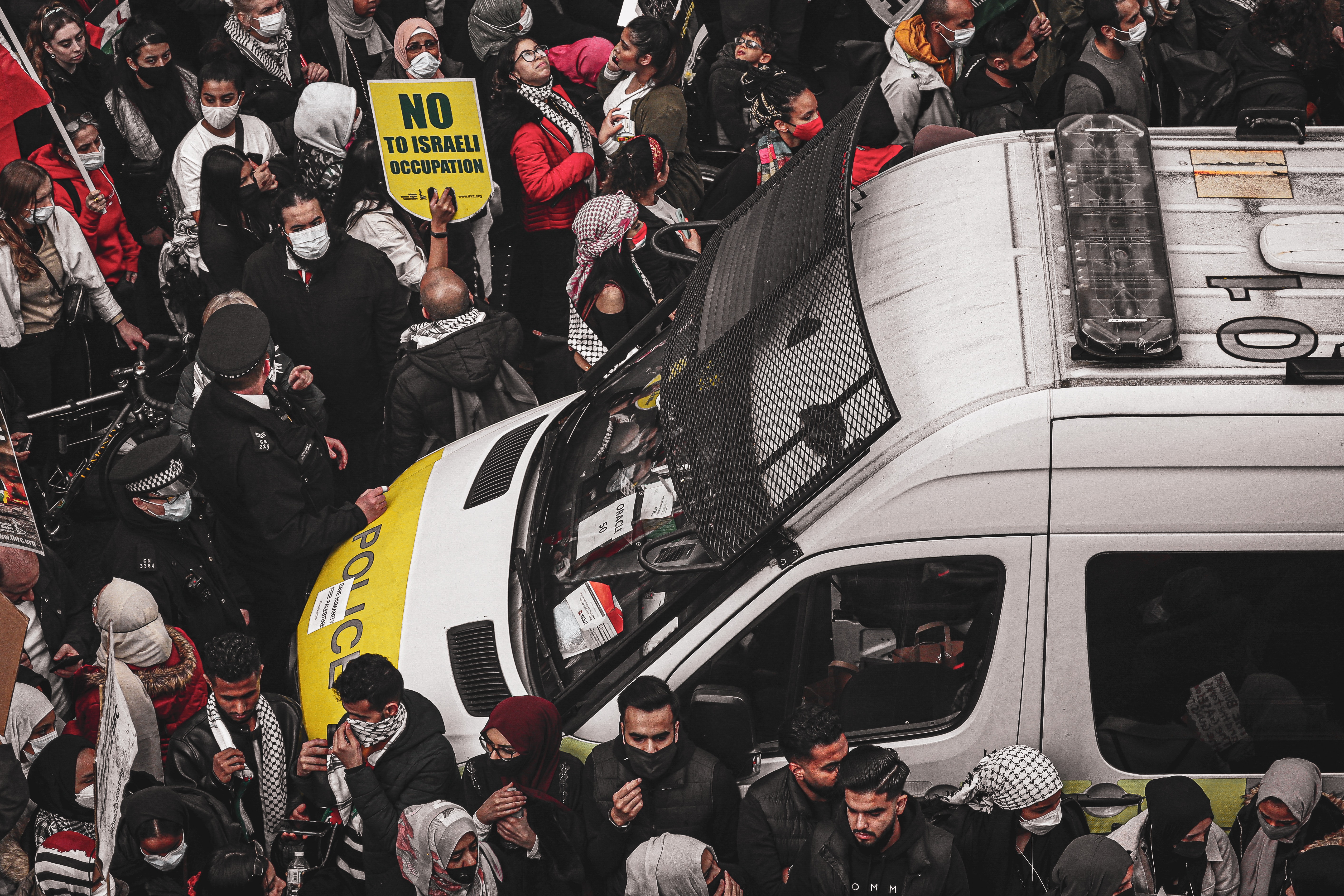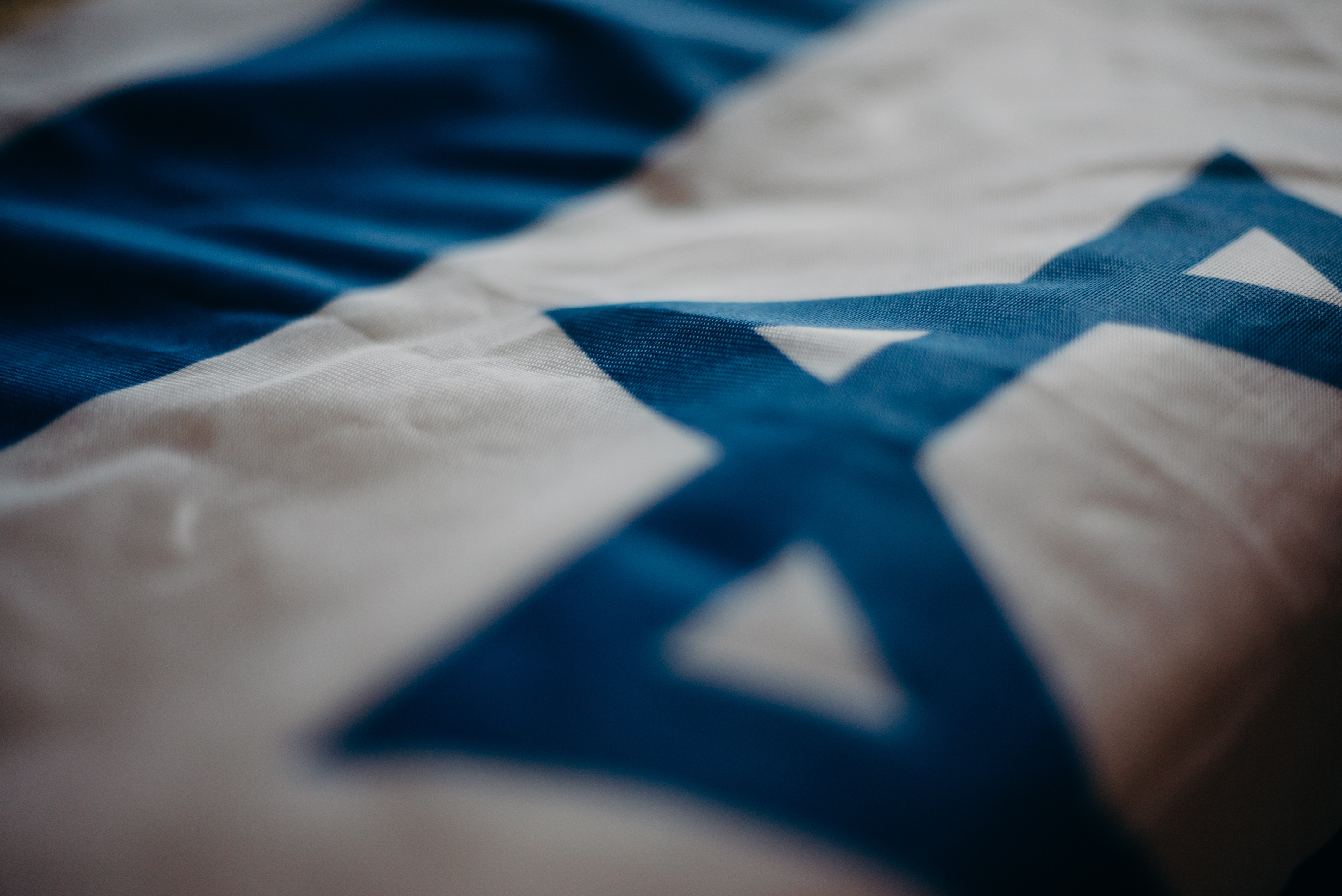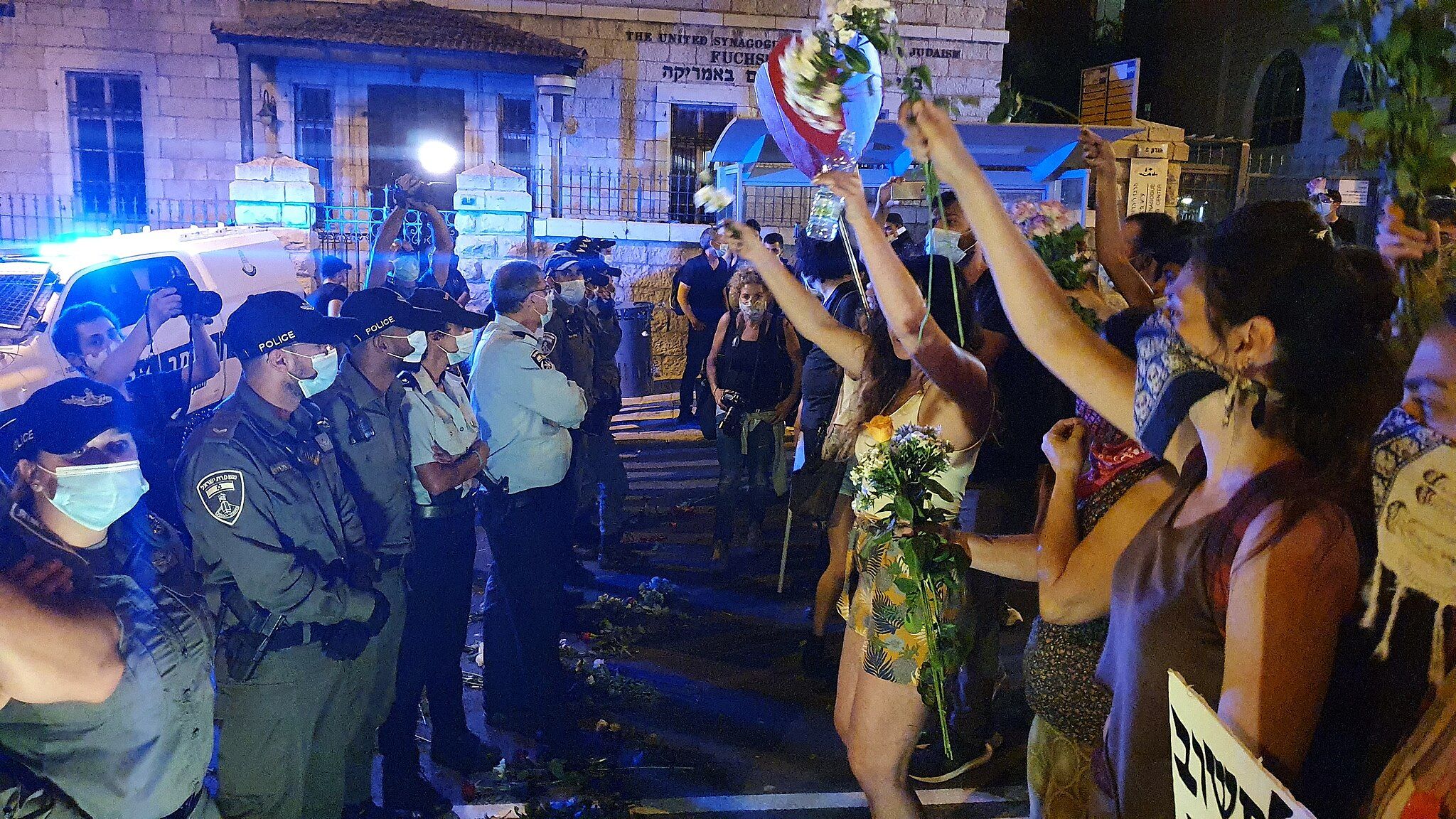Israel erupted in protests that started in January and continued nearly three months later after Prime Minister Benjamin Netanyahu announced a critical change to the country’s judicial system. Many see this change as a threat to Israel’s democracy.
After a nationwide work stoppage, Netanyahu decided to delay the legislation. This potential decision has affected the country so deeply that even the heads of Israel’s leading universities agreed to suspend all classes on their campuses.
Prime Minister’s original plan

The New York Times reported the original bill was designed to change how judges were to be selected. This would have resulted in a selection committee where Netanyahu’s coalition-appointed members would have the majority vote in all circumstances. This means that they would also be able to choose which judges they wanted and who would be the next president of the court.
“By overthrowing the judiciary branch … [the majority party in] parliament holds all the power. This will most certainly lead to corruption and turn what was a democracy into a corrupt oligarchy,” said freshman international business major Sebastian Tobias.
The prime minister’s first solution to please the public was to change the original plan, reducing coalition power; it would only give them one seat out of the majority-appointed spots.
Protesters continue to be enraged
The streets of Tel Aviv have been filled with protesters, including diplomats, health workers, labor unions, Army reservists, and students. If the original bill passed, Israeli democracy would be changed forever.
Popular outrage peaked when Netanyahu fired Defense Minister Yaov Gallant, a former general, on March 26. It was recently announced on April 11 that Netanyahu’s decision to fire the defense minister was reversed 15 days later. Reason for his dismissal was his critique of the government’s pace in changing the country’s justice system.

“You have groups of Jihadists that are very interested in the destruction of the state of Israel and you have ultra right-wingers who do not want a two state solution to the problem,” said Dr. James Hedtke, professor of history and political science.
The majority of Israeli Jewish people identify in one of four categories: Dati, Masorti, Hiloni, or Haredi. Although these people share many similar traditions and live among each other, secular and highly religious citizens live in largely separated social worlds.
Similar to the U.S., some Israeli citizens have no religious views and can be categorized as secular.
There is a social and political trend in the United States where it seems that a lot of citizens’ faith is starting to weaken. This trend started early in the 20th century. This movement has encouraged the growth of atheism and has also led to organizations like American Atheists. The nonprofit organization has been around since 1963 and has almost 400,000 members and supporters.
It is stated that roughly eight-in-ten Arabs claim that there is a lot of discrimination against Muslims in the society they reside in. In these societies, they rarely have friends or marry into groups outside their own.
Lack of potential awareness and ethics in the court of law
Military service is mandatory in Israel, and reservists fear that they will be given illegal military orders if the Supreme Court does not have the power to examine government activity closely. This could potentially lead to them being charged in an international court of law if the country’s justice system is seen as being unethical or not strong enough.





